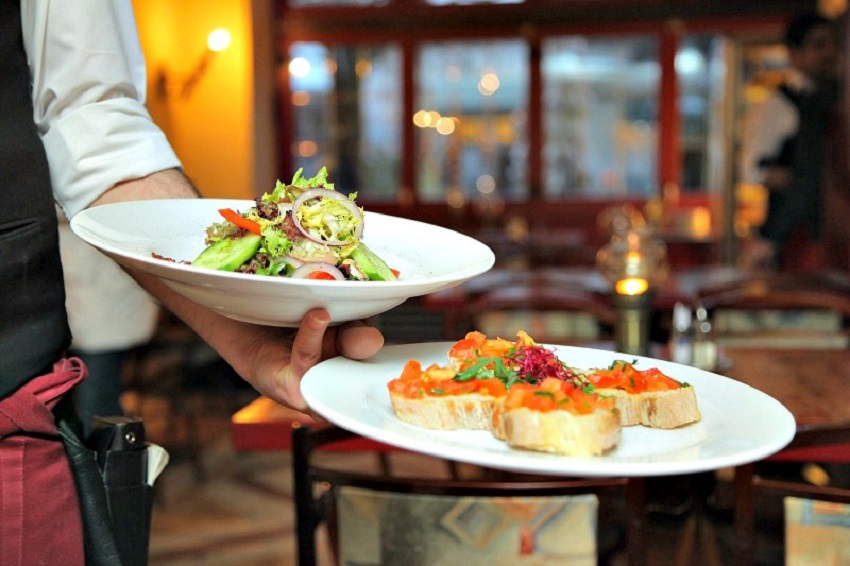
13 Jan Restaurant Business Startup Do’s and Don’ts
By now, friends, coworkers, and family have probably warned you: opening a restaurant business is too risky. Some people may even be telling you to keep your day job. However, much of what people say about the restaurant industry isn’t true – the statistics are skewed. Sure, it is competitive, but with a little ingenuity, great food, and an amazing dining experience, any restaurant can make it. When it comes down to it, running a restaurant can be difficult, but mainly in the beginning – during the startup phase. This is the time when you have to avoid some of the fatal flaws that some restaurateurs make. If you can circumnavigate those flaws, your restaurant has a much better chance for success.
Here is some restaurant business startup do’s and don’ts.
Do have a solid business plan.
This is your first step in creating a business and when you open a restaurant, it is especially important. Starting a restaurant can be incredibly expensive and you don’t want to burn through investor capital, loans, and savings accounts before opening night. What will you do for inventory? How will you pay permits? What if there is a surge and you need to hire more employees? When you create your business plan, you want to be as realistic as possible.
Do have a great supplier.
When it comes down to it, your inventory is everything. Without supplies, you won’t be able to service your customers. If you are low, or if your menu has to constantly be adjusted, you will start to run into some serious problems. For instance, the National Grocers Corporation is a great wholesale grocer for restaurants – not only are the prices right but so is the service. As a restaurateur, it will be invaluable to have a grocery supplier that you can trust and rely on.
Don’t be rude.
This seems like a simple thing not to do, but it is important to make it your mantra as a new restauranteur. Your opening night may be busy and your host may be on edge, but you want to make sure you are gracious to each and every customer – no matter how much whining there is. The restaurant business is part of the hospitality business, so as soon as you open your doors, you also want to put on a smile. The moment you are rude to a customer is the moment you lose a customer – the customer may also tell his or her friends that the staff at your establishment is rude and not conscientious. Bad press is never a good thing in the restaurant world.
Don’t make bad food.
One of the key ingredients of the restaurant industry is good food. If you don’t serve good food, people won’t want to come back to your restaurant – it is as simple as that. This is why you want to properly train your chef and your kitchen staff. In the end, your new restaurant will be hinged upon the quality of the food.


Sorry, the comment form is closed at this time.